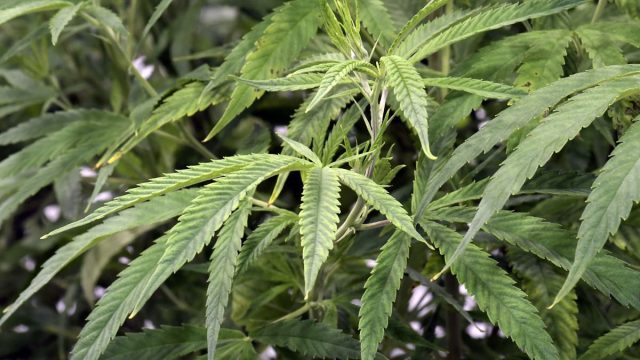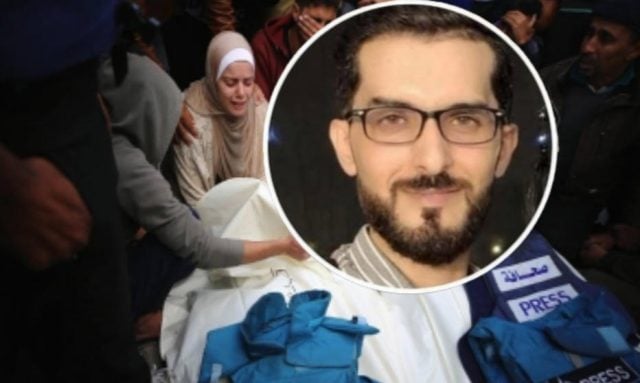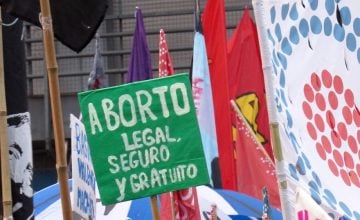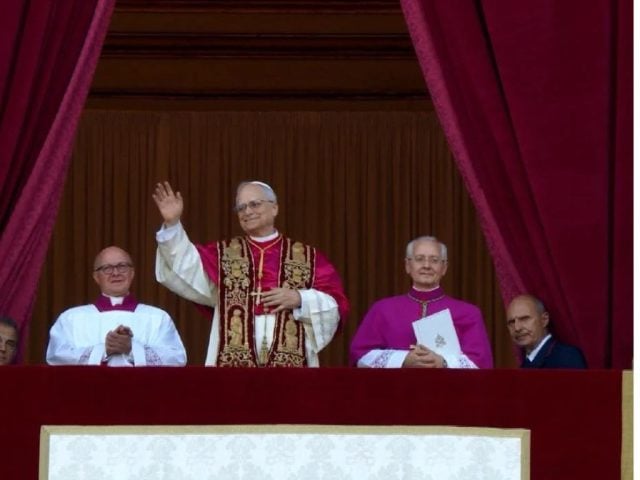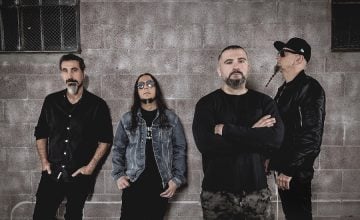The president of Colombia, Gustavo Petro, reopened the debate, last Thursday, on the legalization of cannabis without licenses, during a speech in the city of Quibdó, capital of the department of Chocó, one of the poorest in that country.
Petro made his first visit as president to that city – which has a poverty rate of 64.8%, according to the National Administrative Department of Statistics (Dane) – to lead the security council and a summit of Pacific mayors, one of the regions hardest hit by the presence of criminal groups and with the highest number of homicides and massacres, explains journalist Nathali Gómez for RT.
During his intervention, the leader of the Historical Pact, and of the group of progressive and left-wing parties and movements, asked himself: «What happens if cannabis is legalized in Colombia without licenses, such as planting corn or potatoes?».
The president’s approach points to the legal marketing abroad of marijuana for recreational and medicinal purposes to generate foreign exchange. «What if we see if we can export it and we earn a few dollars?, because for half of humanity, it is legal», said Petro.
«Is it going to be the Canadian multinational that keeps the dollars and has the plantations of cannabis or is it going to be the cannabis farmers of Cauca?», asked the president.
This proposal is in line with his government’s plans to leave behind the extractivist and mono-agricultural export model, to approve an agrarian reform aimed at closing «the inequality gap in the ownership and use of land and water» and to put an end to the conception of «war on drugs», which he considers a failure.
In an interview with Semana last year, Petro stated that it seemed «stupid» to keep the issue of marijuana underground, «so that the relatives of former presidents do the business of exporting legal marijuana, while they throw bombs at the peasants and their children who produce marijuana in Cauca”.What will Colombia do?
The president, who was together with the vice president, Francia Márquez, made another ‘novel’ approach during his participation in the security council.
«So, if we’re going to legalize cannabis, are we going to keep all these people in prison in overcrowded jails, or is it time to release a lot of people from jail, people that were simply criminalized for something that in much of the US Is legal?”, he said.
In Colombia, the crime of trafficking, manufacturing or carrying drugs has a minimum prison sentence of 64 months.
So far this year, according to figures from the Ministry of Justice, 220 tons of marijuana have been seized. The amount in 2021 was four times higher and corresponded to 860 tons.
«Let’s gather people, even if those who are armed arrive unarmed. Are we going to kill ourselves in the poorest region of the world’s Pacific Coast? ”, questioned Petro again.
In the same way, he wondered if it would not be more profitable to leave the issue of production in Buenaventura – a city where one of the main ports of Colombia is located – “in the hands of its population” and “not in the hands of others”.
The narco-paramilitary group Clan del Golfo operates mainly in the Colombian Pacific region, and among its criminal activities, it carries out drug trafficking. Meanwhile in Nariño, the National Liberation Army (ELN), dissidences of the extinct Revolutionary Armed Forces of Colombia (FARC) and drug traffickers operate.
Last February, the government of former President Iván Duque announced that the industrial use of cannabis for food, beverages and textiles had been regulated.
Already in July 2021, a presidential decree allowed the export of the dried flower of this plant for medicinal use, with the aim of participating in the international market for this product.
However, in November of that same year, the Plenary of the Colombian House of Representatives rejected a bill that sought to create a constitutional exception to allow the possession and recreational use of cannabis.
